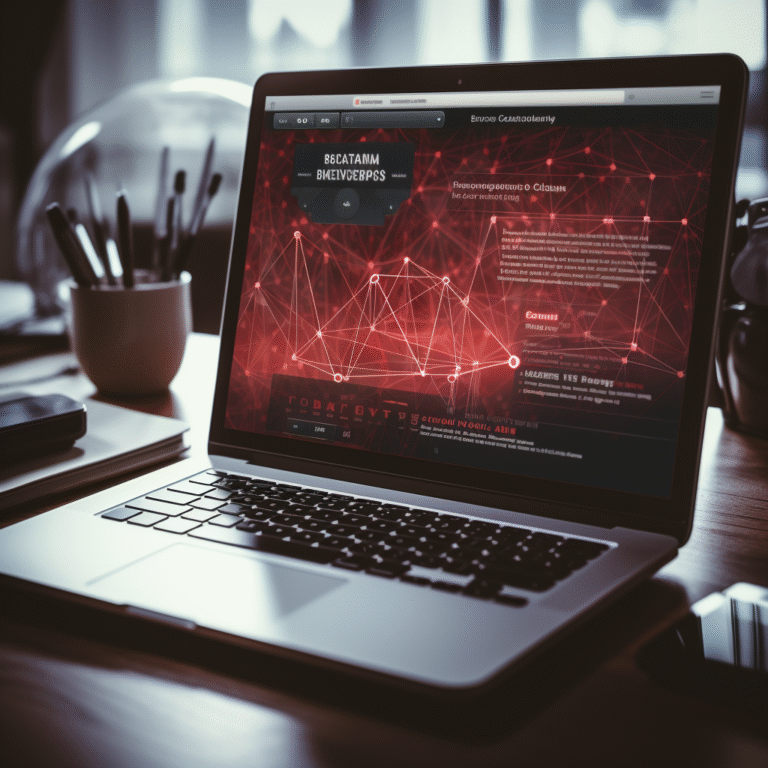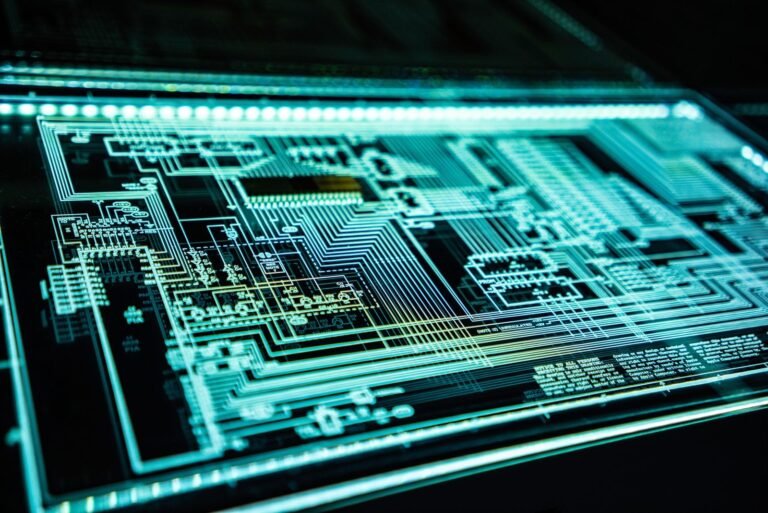Critical Infrastructure at Risk: A Growing Cyber Threat
The systems that keep our cities running—water treatment plants, power grids, food supply chains—are being targeted more often than ever. These networks are built on old technology, often designed decades ago without security in mind. Industrial Control Systems, which manage everything from pump speeds to temperature settings, still run on outdated software and lack modern protections. Now, with more of these systems connected to the internet for remote monitoring and control, the number of ways attackers can get in has only grown. A single breach can ripple through entire systems, affecting everything from power supply to clean water. The stakes aren’t just about downtime—they can endanger public health and safety.
Recent attacks have made this threat painfully clear. In 2021, a ransomware attack on Colonial Pipeline shut down fuel shipments across the U.S. East Coast, causing long lines and panic. That same year, JBS USA, one of the world’s largest meat processors, fell victim to a similar attack, disrupting food supplies. More recently, cyber threats targeting water systems have raised alarms. The U.S. Cybersecurity and Infrastructure Security Agency (CISA) issued a warning about how water and wastewater facilities—many of which rely on outdated software—are vulnerable to attacks like phishing or exploits on internet-connected devices. A successful breach could contaminate water, cut off service, or create serious public health risks.
Key Threats in Critical Infrastructure
- Outdated Systems: Many industrial control systems were never built with cybersecurity as a priority. They run on legacy software that doesn’t patch easily and lacks real-time threat detection.
- Expanded Attack Surface: As more infrastructure systems go online—remote monitoring, cloud tools, supply chain apps—the number of entry points for attackers keeps growing.
- Real-World Consequences: Attacks aren’t just about data theft. They can directly impact public safety, disrupt essential services, and cause widespread chaos.
The reality is clear







